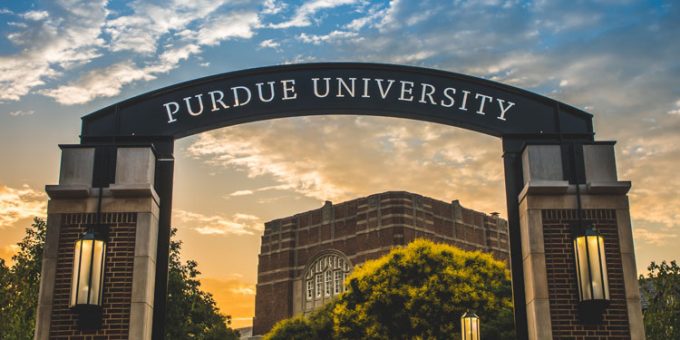
WEST LAFAYETTE – Purdue University and Duke Energy announced Friday, plans for a lecture series to help the public learn more about the advances being made in nuclear energy and small modular reactors.
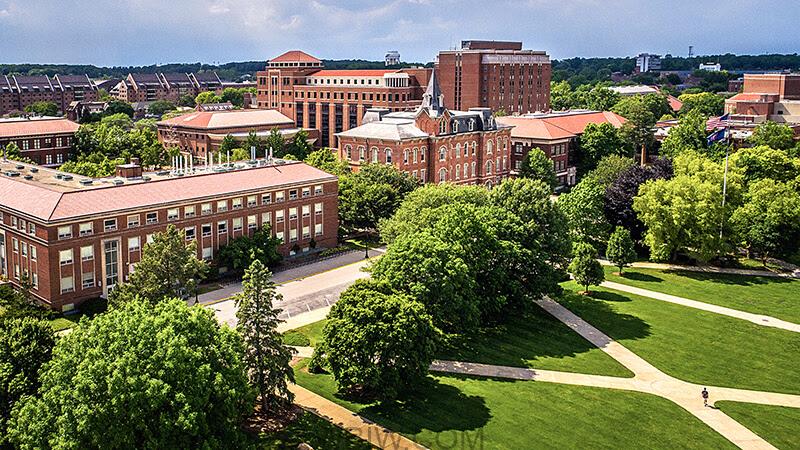
The lecture series was announced at the first meeting of an executive advisory committee steering the joint exploration between Purdue and Duke Energy into the feasibility of using advanced nuclear energy to meet the long-term energy needs of the West Lafayette campus.
The committee, which gathered for the first time on June 23rd, will meet frequently throughout the study to provide guidance and recommendations to Purdue and Duke Energy on three key fronts: safety, regulatory processes, and research.
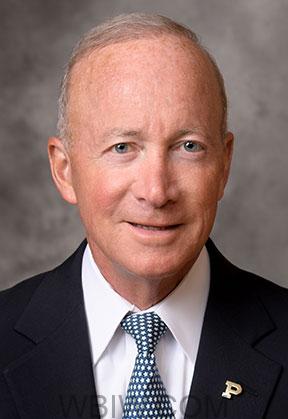
“I could not be more excited about both the quality of this stellar assemblage of scientific and technical talent and the plan for an open, comprehensive study process that helps further public understanding as it furthers our aim,” Purdue President Mitch Daniels said.
The executive advisory committee consists of the following expert leaders from the public and private sectors:
- Mung Chiang, committee chair, Purdue executive vice president for strategic initiatives, and the John A. Edwardson Dean of the College of Engineering.
- Arden Bement, Purdue’s David A. Ross Distinguished Professor Emeritus of Nuclear Engineering.
- William Dudley Jr., Bechtel Group vice-chairman and former CEO.
- Carlos Hernandez, former CEO, Fluor Corp.
- Maria Korsnick, Nuclear Energy Institute president and CEO.
- Theresa Mayer, Purdue executive vice president for research and partnerships.
- Stan Pinegar, Duke Energy state president, Indiana.
- Luis Reyes, former executive, U.S. Nuclear Regulatory Commission.
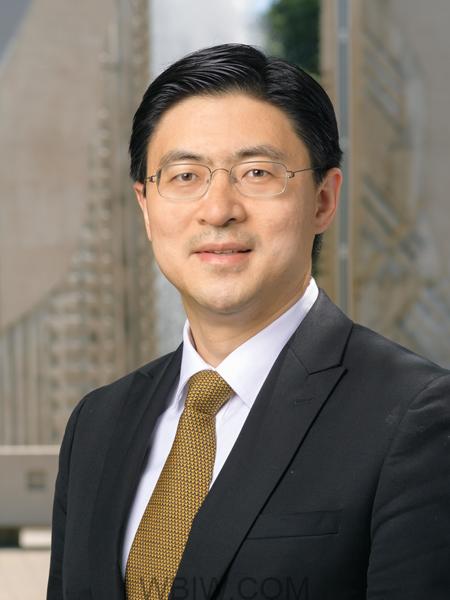
Bement has agreed to be the first speaker in the Purdue-led monthly lecture series, which will focus on nuclear technologies, sustainability, safety, economics, regulation, and other topics. Lectures will take place monthly beginning in the fall semester in a hybrid format for both in-person and virtual participation. More information will be made available soon on dates, speakers, and topics.
“We are extremely grateful to Dr. Bement for offering his expertise on our executive advisory committee and his voice as the first distinguished speaker in our Small Modular Reactor study lectures,” said Chiang, who is president-elect of Purdue. “As part of our study with Duke Energy, we are eager to provide a platform for education, engagement, and dialogue among the public as well as our faculty, staff, and students.”
Purdue and Duke Energy have spent the past few weeks developing the groundwork and structure of the study and presented information to the executive advisory committee at its first meeting.
“Purdue is home to one of the nation’s premier engineering programs, and Duke Energy operates the largest regulated nuclear fleet in the nation. We look forward to pulling together our collective expertise to evaluate advanced nuclear technology possibilities for both Purdue’s campus as well as the state of Indiana,” Pinegar said.
Three principals in charge have been appointed to ensure the successful execution of the study: Michael B. Cline, senior vice president of administrative operations at Purdue; Seungjin Kim, the Capt. James F. McCarthy Jr. and Cheryl E. McCarthy Head and Professor of Nuclear Engineering at Purdue; and Chris Nolan, vice president of new nuclear generation at Duke Energy.
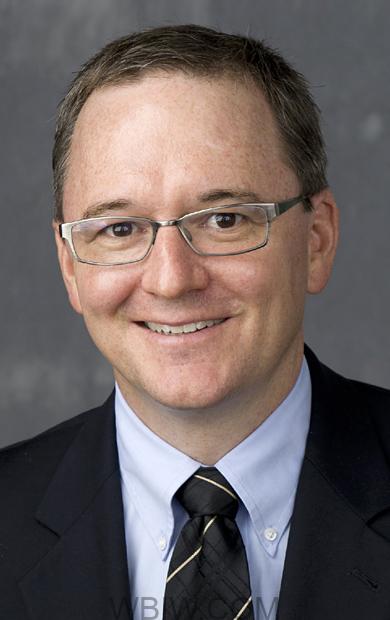
The principals in charge will be supported by a utility technical group — consisting of operational leaders from Purdue and Duke Energy — and a nuclear technical advisory group — consisting of technical specialists in nuclear energy from Purdue and the private sector. Other subject matter experts in decarbonization and renewable energy will be consulted as needed throughout the study.
“Through this study, we will be considering how nuclear technologies could potentially meet our campus energy needs in the future,” Cline said.



